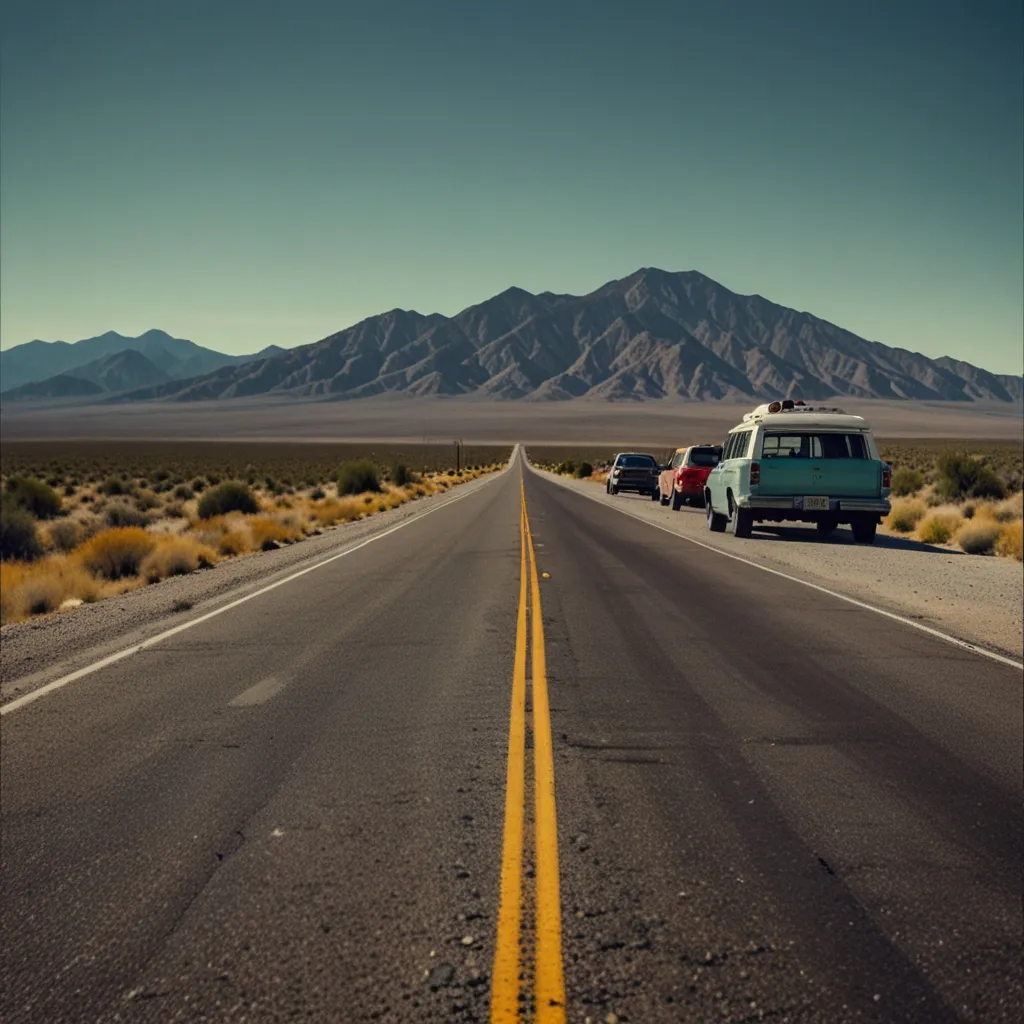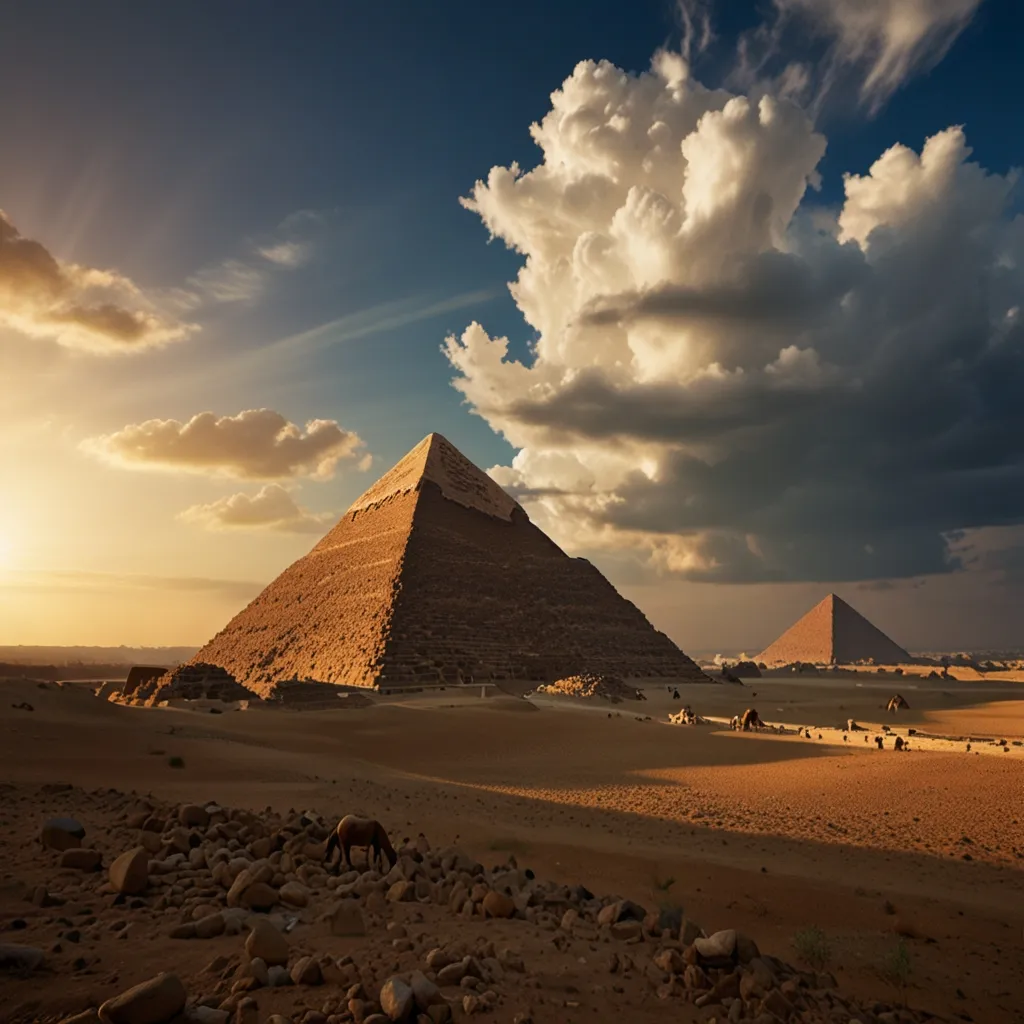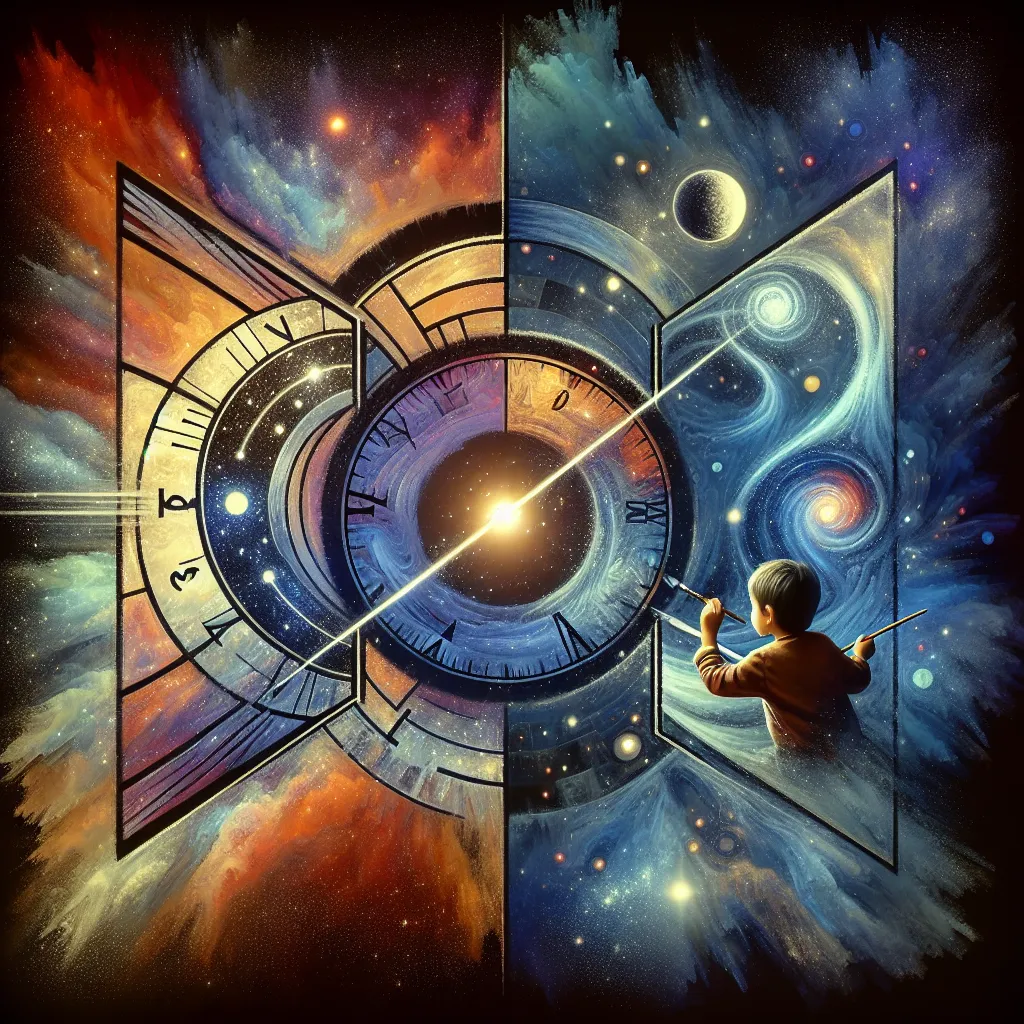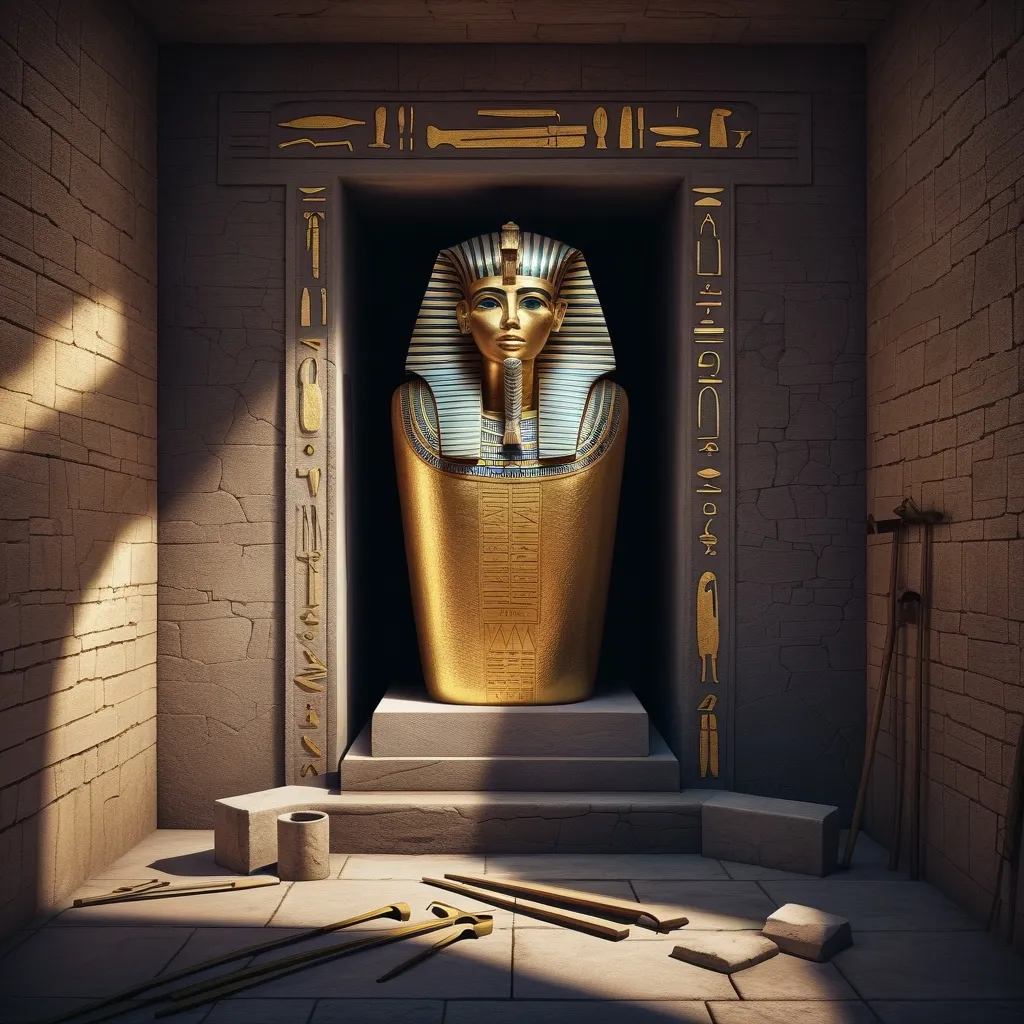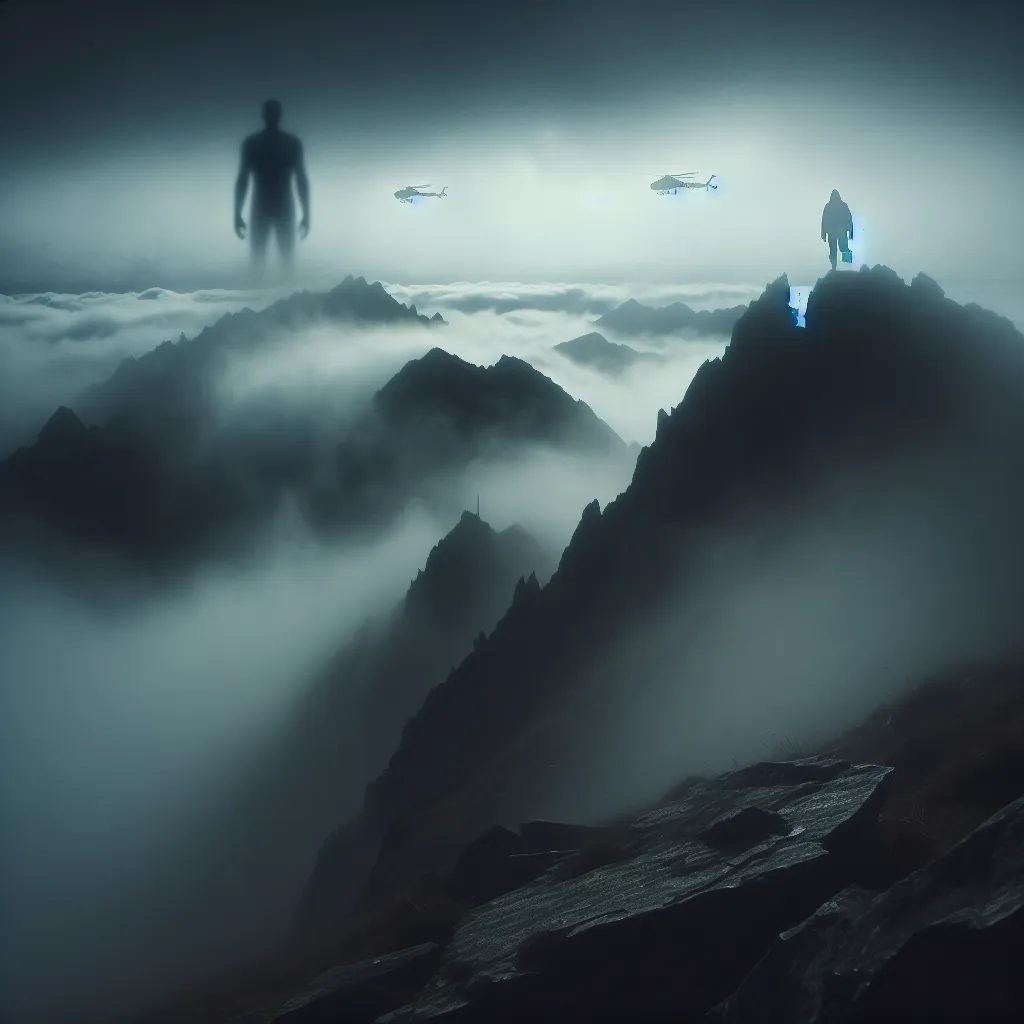Driving along the Extraterrestrial Highway in Rachel, Nevada, the scorching July sun bore down on us with relentless intensity. We were on a mission, en route to one of America’s most enigmatic UFO hotspots, Area 51. Fate threw us a curveball when we met a man whose fascination with secret government installations was palpable. He had been to Area 51 before and offered to lead us there. With a nod of agreement, our motley crew embarked on a journey into the unknown.
The saga of Area 51 took an unexpected turn on July 8th, when the Daily Mail ran a story about a Facebook event titled “Storm Area 51.” What started as a tongue-in-cheek parody gathered an incredible 65,000 attendees in mere hours, evolving into a viral meme that captured the world’s imagination. The concept – “they can’t stop all of us” – fueled a collective frenzy, but common sense and caution soon prevailed, advising against any such reckless endeavor.
Our arrival at Area 51 coincided eerily with the meme’s viral ascent. While the online world was abuzz with visions of Naruto running and alien liberation, we stood at the gates of an intensely guarded government facility. As the music in the background turned our encounter into something cinematic, the reality sank in – this was no joke. My friend, a well-versed ex-military cop, had a no-nonsense take on it. He explained the severe penalties for trespassing, including hefty fines, jail time, and vehicle impoundment.
It struck me how divided people are on the issue of UFOs. On one hand, there’s a mystical intrigue – the idea of clandestine operations and hidden extraterrestrial truths. On the other, a more skeptical view exists, draped in experiences and careers that dismiss such notions as tinfoil hat material.
Still, the quest for understanding is relentless – like trying to catch fog with bare hands. The rise of UFOs and conspiracy theories seemed to walk hand in hand, fanned by shows like The X-Files and Project Blue Book. Studies that once aimed to rationalize the inexplicable only deepened the mystery, cultivating a culture of distrust. The United States Air Force’s initial policy of denial only fueled public speculation that something was indeed being hidden.
It’s a tangled web where truth and fiction blur. Take Roswell, for instance – in 1947, something crashed there, and while the Air Force attempted to bury the incident, the flames of speculation spread far and wide. Although explanations such as the Mogul balloon project surfaced later, belief in a more extraordinary truth persisted.
Not all unexplained incidents are mired in American soil, either. Consider the Tehran UFO encounter of 1976 – a well-documented and broadly supported account. Fighter jets experienced electronic malfunctions while attempting to intercept an unidentified flying object, a scenario too bizarre to merely dismiss.
Back in the desert, as we stood outside Area 51, I pondered these infamous cases. The place, enshrouded in layers of myth and conjecture, serves as a magnet for conspiracy theorists. Yet, real security protocols remind us of its serious, utilitarian purpose – aircraft testing and defense secrets far beyond the domain of little green men.
As I listened to stories and testimonies from people like Bob Lazar, whose controversial claims about working on reverse-engineering extraterrestrial technology at Area 51 stirred the pot in the late ’80s, it became evident how challenging it is to separate the facts from the fables. Even the most credible-sounding accounts have a cloak of secrecy, often shrouded in a heavy veil of speculative thrill.
Days shifted from anecdotal excitement to analytical deconstruction. We gleefully plan road trips to places like Brown Mountain in North Carolina, chasing another kind of spectral mystery – the Brown Mountain Lights. These orbs of light have been reported floating mysteriously over the ridges for centuries, gaining folkloric status akin to UFO sightings.
Michael Huntington, a UFO enthusiast and methodical cataloger of bizarre phenomena, speaks of these spook lights with the kind of joy reserved for a collector sharing his rarest find. The history of such lights stretches from the ancient Will-o’-the-Wisps of European folklore to contemporary sightings in the Americas. They’ve been seen dancing over marshlands and forests, often attributed to both natural and supernatural causes.
And yet, the connection between such ethereal lights and UFOs becomes even more fascinating when examined. The similar characteristics, from erratic movement to sudden disappearances, suggest a broader, interconnected phenomenon. UFOs, spook lights, Earth lights – each term circles around the same core concept of something unidentified and daunting in our skies.
Heading further into the night stories, encounters with lights in places like Joplin, Missouri, and Marfa, Texas, paint a broader picture. Micah Hanks, a writer and radio host, has delved deep into the Brown Mountain Lights, documenting accounts from witnesses and even presenting photographs that suggest more than optical illusions or misidentifications.
The scientific and skeptic communities often attempt to debunk these phenomena as atmospheric or electrical anomalies, yet the conviction in witnesses’ stories remains unshaken. Greg Cannon’s personal encounter near Brown Mountain resonates deeply. Seeing the lights firsthand removes the need for proof – it becomes an experience etched into one’s very being.
As the journey continued, nuances of the conversation around UFOs emerged. The shift from the term UFO to UAP (Unidentified Aerial Phenomena) reflects a broader and perhaps more sophisticated understanding of the diverse manifestations of this curious reality. These rebranded phenomena encompass more than just flying saucers – they hint at something ever-present, subtle, and enigmatic in our world.
Up on Brown Mountain, waiting for the elusive lights to grace the darkness, one gets a sense of the endless chase – a quest for answers in an arena where questions are more plentiful than solutions. Stories from locals blend with data gathered from modern-day investigations, creating a tapestry rich with wonder and cautious skepticism.
The intersection of folklore and modern sightings forms a complex but fascinating study. Native American legends mentioning mysterious lights blend seamlessly with contemporary reports, suggesting a phenomenon that transcends eras and cultures. The more the question is pursued, the more labyrinthine it becomes.
In the search for extraterrestrial truth, round and round we go – from Area 51’s shrouded mysteries to the glowing lights of ancient hills. We deal with the enigma piece by piece, gleaning insights from seasoned conspiracists, skeptics, and everyman witnesses. These stories, woven into the fabric of our journey, remind us of the allure and the relentless pull of the unknown, compelling us to keep looking up and wondering.
